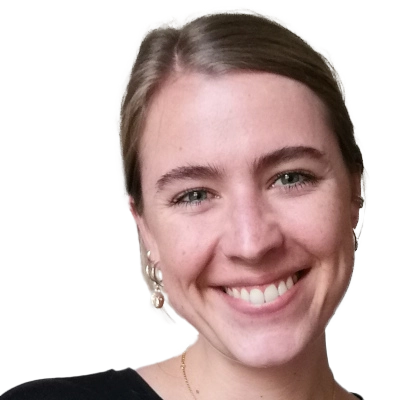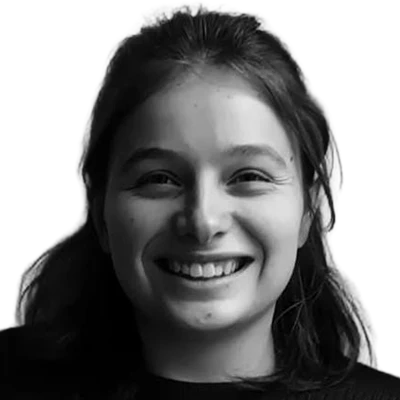29.07.2024
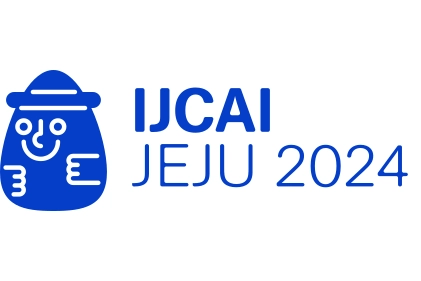
MCML Researchers With Three Papers at IJCAI 2024
33rd International Joint Conference on Artificial Intelligence (IJCAI 2024). Jeju, Korea, 03.08.2024–09.08.2024
We are happy to announce that MCML researchers are represented with three papers at IJCAI 2024. Congrats to our researchers!
Main Track (2 papers)
Best Arm Identification with Retroactively Increased Sampling Budget for More Resource-Efficient HPO.
IJCAI 2024 - 33rd International Joint Conference on Artificial Intelligence. Jeju, Korea, Aug 03-09, 2024. DOI
Abstract
Hyperparameter optimization (HPO) is indispensable for achieving optimal performance in machine learning tasks. A popular class of methods in this regard is based on Successive Halving (SHA), which casts HPO into a pure-exploration multi-armed bandit problem under finite sampling budget constraints. This is accomplished by considering hyperparameter configurations as arms and rewards as the negative validation losses. While enjoying theoretical guarantees as well as working well in practice, SHA comes, however, with several hyperparameters itself, one of which is the maximum budget that can be allocated to evaluate a single arm (hyperparameter configuration). Although there are already solutions to this meta hyperparameter optimization problem, such as the doubling trick or asynchronous extensions of SHA, these are either practically inefficient or lack theoretical guarantees. In this paper, we propose incremental SHA (iSHA), a synchronous extension of SHA, allowing to increase the maximum budget a posteriori while still enjoying theoretical guarantees. Our empirical analysis of HPO problems corroborates our theoretical findings and shows that iSHA is more resource-efficient than existing SHA-based approaches.
MCML Authors

Marcel Wever
Dr.

Viktor Bengs
Dr.
Towards Efficient Posterior Sampling in Deep Neural Networks via Symmetry Removal (Extended Abstract).
IJCAI 2024 - 33rd International Joint Conference on Artificial Intelligence. Jeju, Korea, Aug 03-09, 2024. DOI
Abstract
Bayesian inference in deep neural networks is challenging due to the high-dimensional, strongly multi-modal parameter posterior density landscape. Markov chain Monte Carlo approaches asymptotically recover the true posterior but are considered prohibitively expensive for large modern architectures. Local methods, which have emerged as a popular alternative, focus on specific parameter regions that can be approximated by functions with tractable integrals. While these often yield satisfactory empirical results, they fail, by definition, to account for the multi-modality of the parameter posterior. In this work, we argue that the dilemma between exact-but-unaffordable and cheap-but-inexact approaches can be mitigated by exploiting symmetries in the posterior landscape. Such symmetries, induced by neuron interchangeability and certain activation functions, manifest in different parameter values leading to the same functional output value. We show theoretically that the posterior predictive density in Bayesian neural networks can be restricted to a symmetry-free parameter reference set. By further deriving an upper bound on the number of Monte Carlo chains required to capture the functional diversity, we propose a straightforward approach for feasible Bayesian inference. Our experiments suggest that efficient sampling is indeed possible, opening up a promising path to accurate uncertainty quantification in deep learning.
MCML Authors
Workshops (1 paper)
Using Analogical Reasoning to Prompt LLMs for their Intuitions of Abstract Spatial Schemas.
Analogy-ANGLE 2024 @IJCAI 2024 - 1st Workshop on Analogical Abstraction in Cognition, Perception, and Languageat the 33rd International Joint Conference on Artificial Intelligence. Jeju, Korea, Aug 03-09, 2024. PDF
Abstract
Abstract notions are often comprehended through analogies, wherein there exists correspondence or partial similarity with more concrete concepts. A fundamental aspect of human cognition involves synthesising embodied experiences into spatial schemas, which profoundly influence conceptualisation and underlie language acquisition. Recent studies have demonstrated that Large Language Models (LLMs) exhibit certain spatial intuitions akin to human language. For instance, both humans and LLMs tend to associate ↑ with hope more readily than with warn. However, the nuanced partial similarities between concrete (e.g., ↑) and abstract (e.g., hope) concepts, remain insufficiently explored. Therefore, we propose a novel methodology utilising analogical reasoning to elucidate these associations and examine whether LLMs adjust their associations in response to analogy-prompts. We find that analogy-prompting is slightly increasing agreement with human choices and the answers given by models include valid explanations supported by analogies, even when in disagreement with human results.
MCML Authors
Related
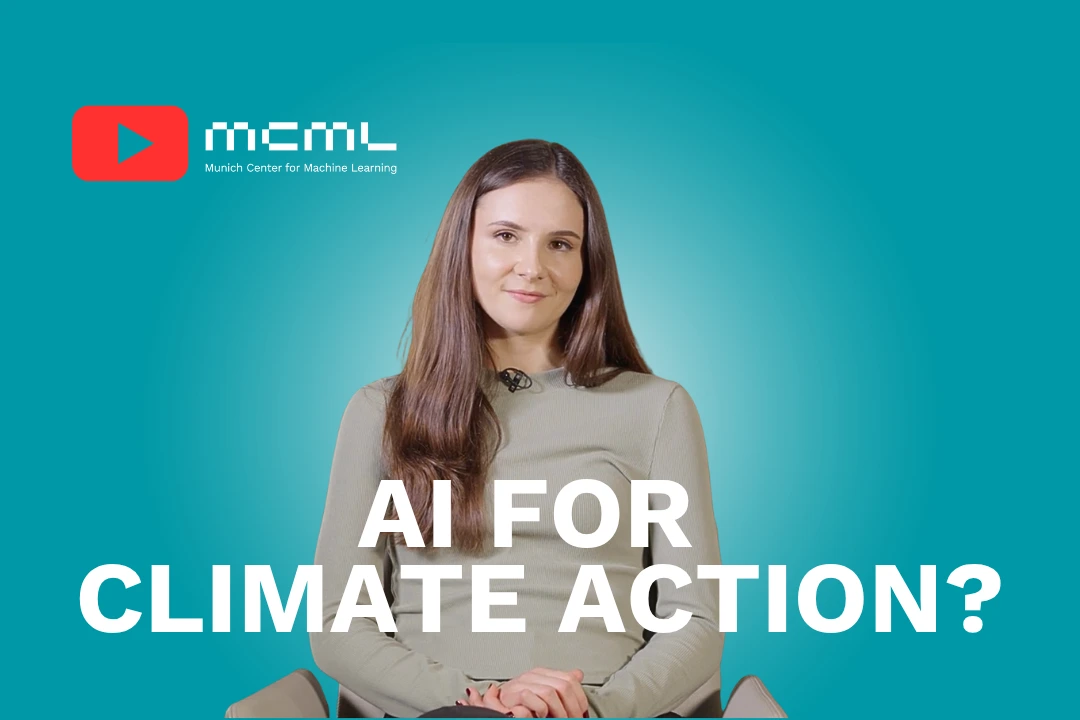
29.09.2025
Machine Learning for Climate Action - With Researcher Kerstin Forster
Kerstin Forster researches how AI can cut emissions, boost renewable energy, and drive corporate sustainability.
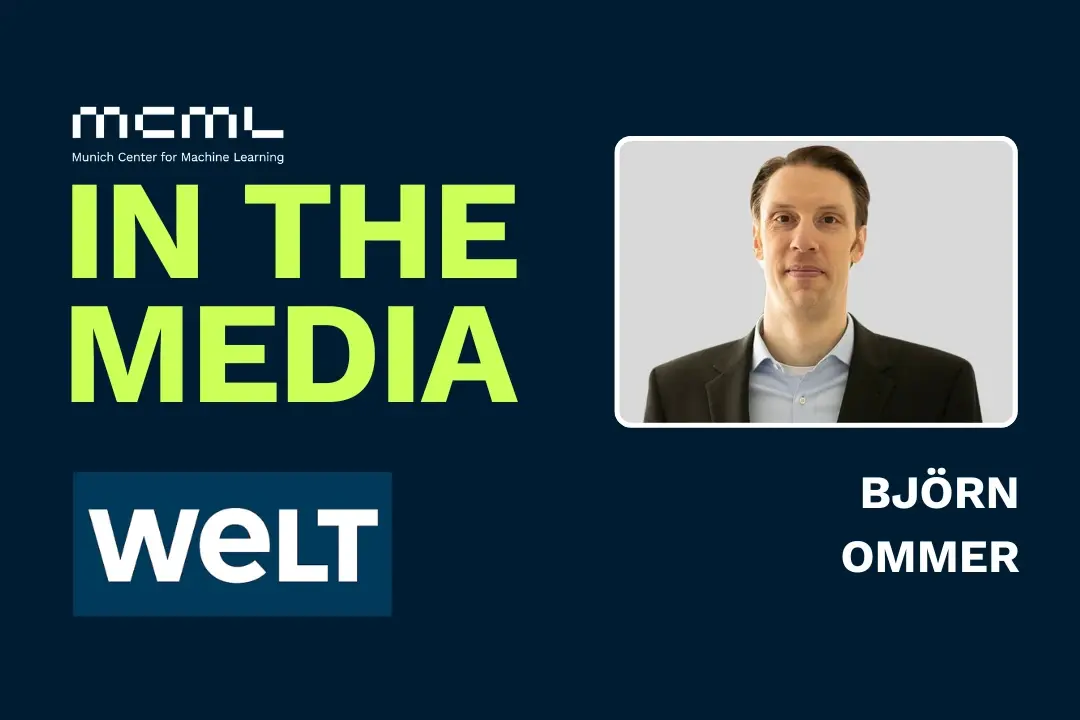
26.09.2025
Björn Ommer Featured in WELT
MCML PI Björn Ommer told WELT that AI can never be entirely neutral and that human judgment remains essential.
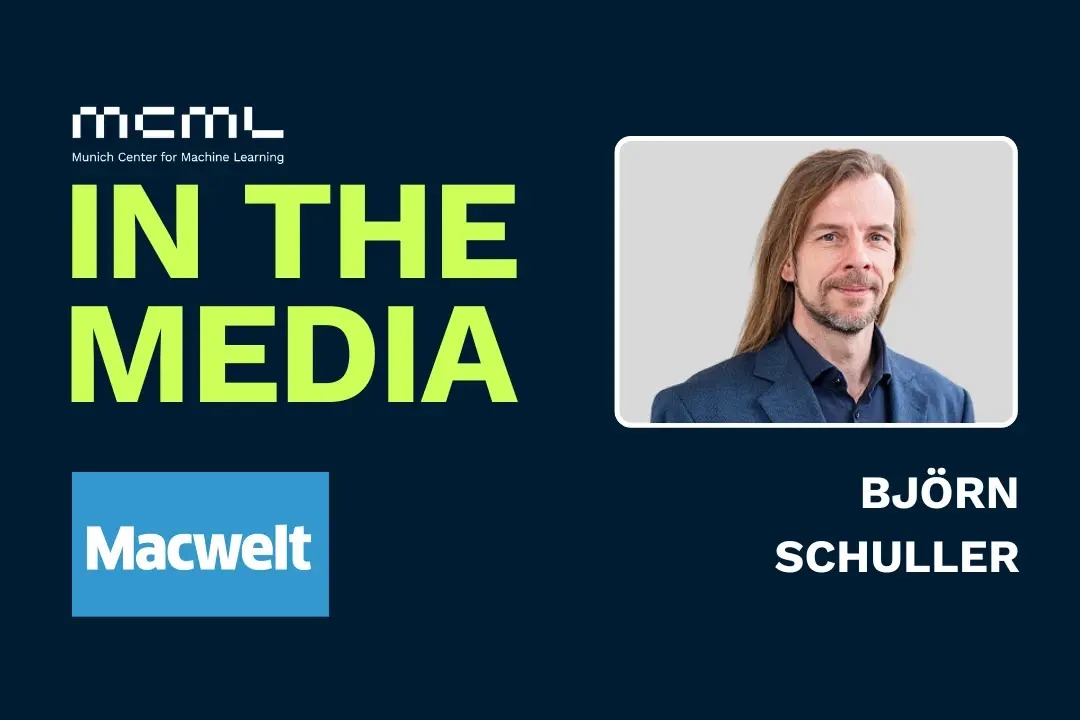
25.09.2025
Björn Schuller Featured in Macwelt Article
MCML PI Björn Schuller discusses in Macwelt how Apple Watch monitors health, detects subtle changes, and supports early intervention.
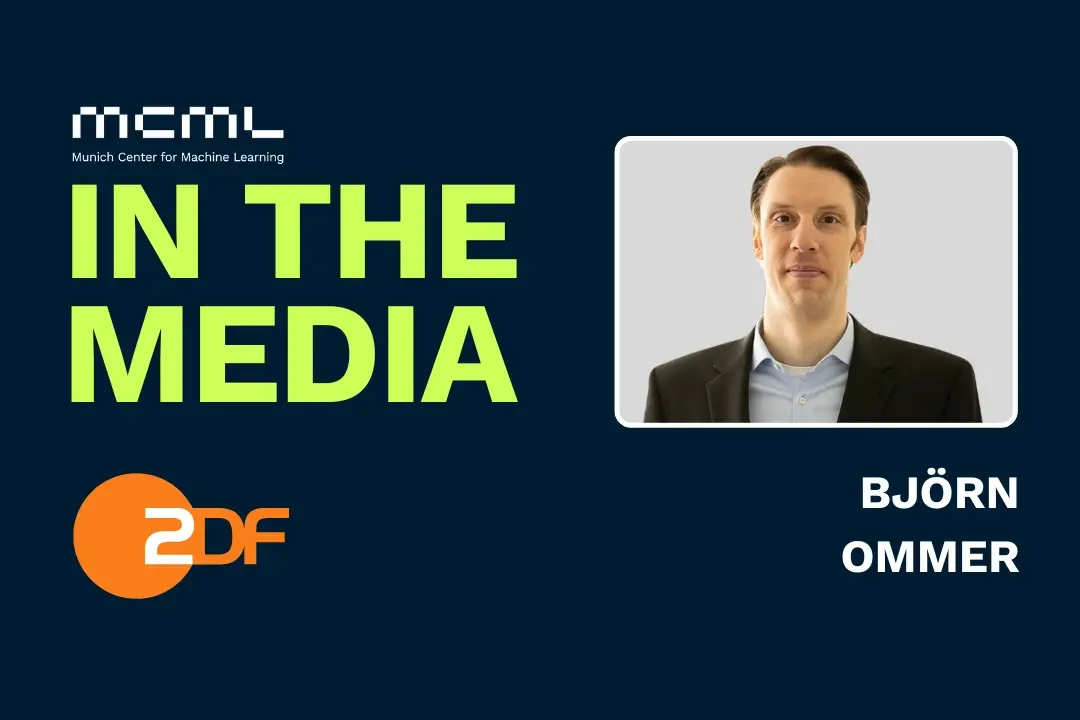
24.09.2025
MCML PI Björn Ommer Featured on ZDF NANO Talk
MCML PIs Björn Ommer & Alena Buyx discuss AI’s essence on ZDF NANO Talk, covering tech, ethics, and societal impact.


